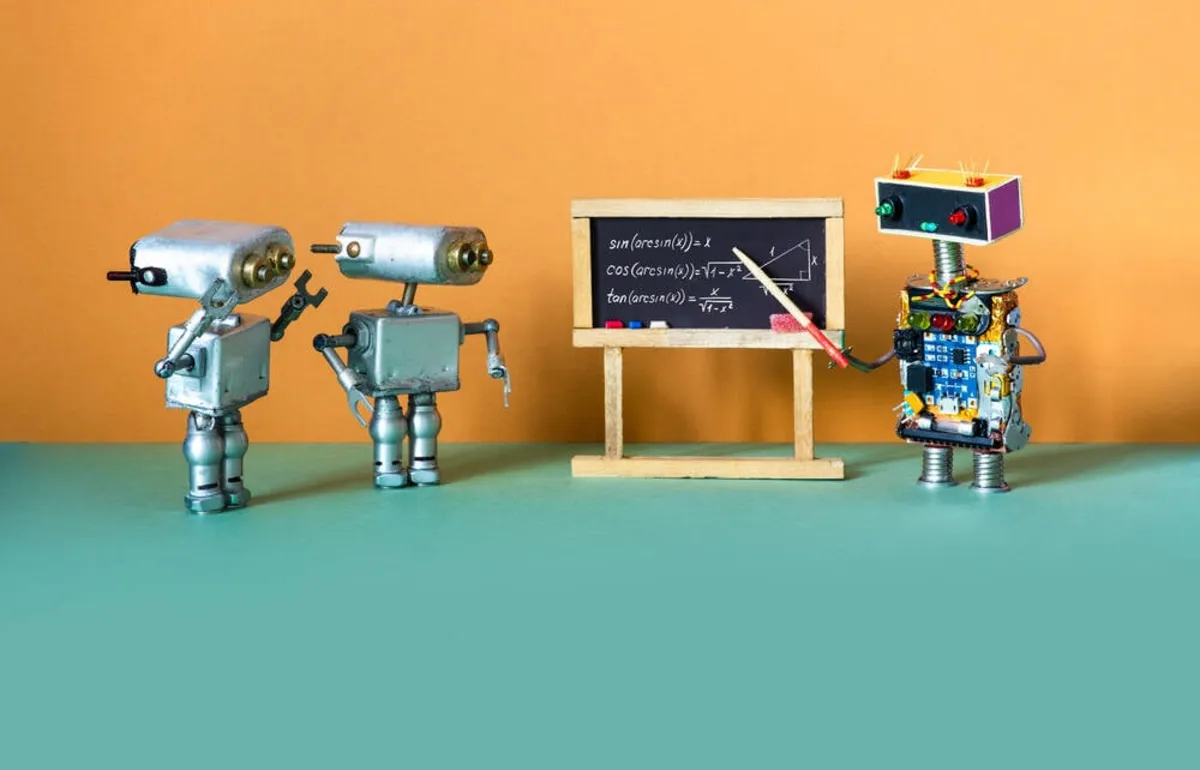
Anthropic has recently unveiled an exciting feature for its AI model, Claude, that allows paying customers to teach their AI new capabilities, known as Skills. This innovative approach addresses a common limitation in AI models, which can struggle to interact with specific applications despite their advanced abilities. For instance, while Claude can effectively parse PDF text, it may not inherently know how to fill out a PDF form. The introduction of Skills provides a solution, equipping Claude with specialized knowledge that it may lack from its initial training data.
Skills, or Agent Skills as they are referred to in technical jargon, empower users to enhance Claude's functionality to meet their unique requirements. Anthropic has already integrated several pre-existing Skills into Claude, enabling it to perform common tasks such as creating spreadsheets and presentations. Now, only paying customers – not those in the free tier – can create custom Skills tailored to their specific needs. However, it's essential to remember that the time saved by AI should account for the effort spent on creating these Skills.
A Skill comprises a directory containing a SKILL.md file, which is a combination of YAML and Markdown, along with potential additional resources like text files, scripts, and data. Users can store these Skills locally in their directory (~/.claude/skills/) or upload them to the cloud for API use. When loaded, Claude appends metadata from the available Skills in the system prompt, allowing it to launch the correct Skill when tasked with a relevant job. This process involves invoking the Bash tool to read the SKILL.md file, enabling Claude to access the necessary information for tasks such as interacting with third-party applications like Box or creating PowerPoint presentations.
Central to this feature is the design principle known as progressive disclosure. This approach ensures that Claude loads information only as needed, much like a well-organized manual that begins with a table of contents and progressively dives into detailed chapters. This method prevents unnecessary token processing for Skills that are not utilized, effectively keeping operating costs low. Additionally, Skills allow for a return to programmatic code execution when a large language model is ill-suited for a task. For example, using coded sorting algorithms instead of token generation can significantly speed up the process and reduce costs while ensuring consistent output.
While the creation of Skills can seem complex for those wanting to manually create the necessary files, Claude simplifies this process. The AI model includes a skill-creator feature that allows users to generate new Skills through interactive chatbot conversations. For those interested in understanding the Skill creation process more deeply, Anthropic provides a Claude Skills Cookbook that offers guidance and insights.
As with any new technology, Skills come with potential risks. Anthropic warns that Skills can pose security vulnerabilities, akin to granting Claude access to Bash. Malicious Skills could introduce risks or allow unauthorized data access. To mitigate these risks, the company advises users to only install Skills from trusted sources. If a Skill originates from a less-reliable source, users should conduct a thorough audit before use. This includes reviewing the contents of bundled files, particularly focusing on code dependencies and any external network connections that the Skill may attempt to establish.
Looking ahead, Anthropic envisions a future where AI agents can autonomously create their own Skills, further enhancing their adaptability and utility. As the AI landscape evolves, the implementation of Skills in Claude represents a significant leap forward in how users can interact with and benefit from artificial intelligence.